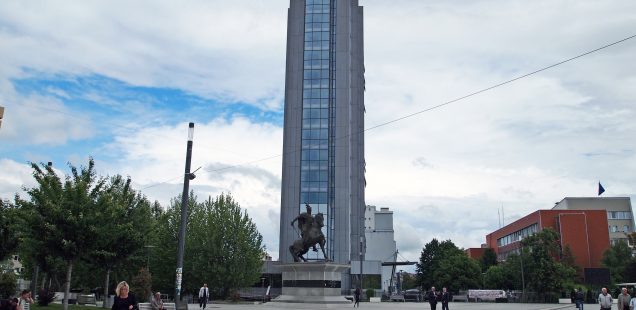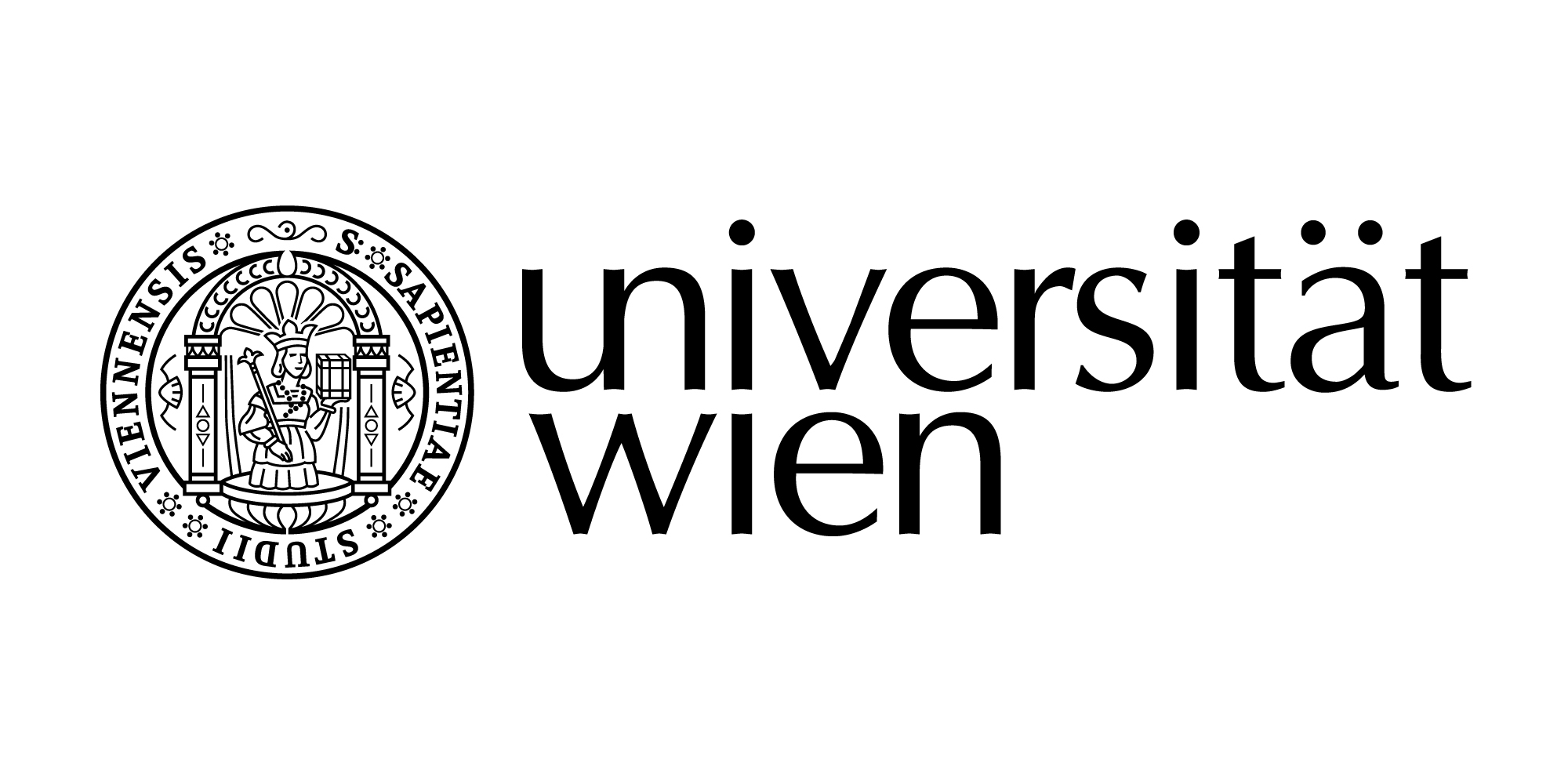
Elections in Kosovo: What has really changed?
Kosovo held snap parliamentary elections on June 11, 2017, in a generally calm political climate and technically well-organized voting. The overall turnout continued to decline, barely passing 40%, although the participation of the resident population (actually living in Kosovo) was somewhat higher than the figure shows since nearly half a million people eligible to vote live abroad.
The result of these quiet elections, however, was quite remarkable. It created a new balance in several European Union-led processes of dialogue – of which the most important are the so-called “normalization negotiations” between Kosovo and Serbia, a momentum of rethinking major public policy, and a necessity for main parties to meaningfully reform themselves.
Election losers and winners
The outgoing government was formed by the two traditionally main parties – Democratic League of Kosovo (LDK) and Democratic Party of Kosovo (PDK) – as well as parties representing minority communities. As a rule, Kosovo’s Parliament guarantees at least 10 seats for the Serbian community and 10 seats for other communities, out of the 120 seats in total.
Both of the mainstream parties registered defeats in this election, like in many other recent examples across Europe.
LDK, the oldest Albanian party at the helm of the conservative coalition, lost major urban areas such as Prishtina, Gjilan and Ferizaj. PDK, leading the centre-right coalition of the parties coming out of former Kosovo Liberation Army (KLA), lost significant rural votes.
Although the so-called “war wing” – including PDK, Alliance for the Future of Kosovo (AAK), Nisma and other smaller parties – won most votes on June 11 as a coalition, the biggest rise was achieved by Vetëvendosje (VV, Self-determination), with an increase of more than 100% from previous elections.
Seats won from coalitions and parties in the Parliament of Kosovo
| LDK coalition | PDK coalition | VV | Serbian parties | ||||||
| LDK | AKR | Alternativa | PDK | AAK | Nisma | Serbian List | Other | ||
| 2014 | 33 | – | – | 35 | 9 | 6 | 16 | 10 | 1 |
| 2017 | 24 | 4 | 2 | 21 | 10 | 8 | 31 | 10 | 1 |
Based on preliminary results of elections. Alternativa was not competing in 2014. AKR – Alliance for New Kosovo.
Created during the UN-led negotiations on the status of Kosovo (2005-2007), Vetëvendosje initially utilized nationalism to gather the support of the youth, but gradually reformed itself towards a more social-democratic party, which promotes equality, justice and anti-corruption.
In addition to leading a successful campaign and managing to build coalitions with various urban and rural structures, the local and international dynamics were also in VV’s favour. Rural poverty has risen close to 8% since 2007, with the overall social income inequality becoming the highest in Europe (above Gini 43%). This in turn led around 10% of the population to emigrate or renounce citizenship (between 2013-2015), while the perception of government corruption remained at an all time low. VV also mobilized voters against two EU mediated agreements – one with Montenegro and the other with Serbia (see the link for context on the agreements and elite loss of public legitimacy).
Eventually, VV received the highest percentage of votes compared to other parties in the region of Gjilan, currently the poorest in the country; while PDK continued to decline in the mostly rural Drenica area – its key stronghold. On the other hand however, VV did manage to keep the votes of the youth.
Within the Serbian minority community, despite higher turnout, nothing serious has changed compared to previous elections in terms of results. Again, only one MP (from Independent Liberal Party, SLS) has been able to enter the Parliament in competition with The Serbian List – endorsed from the Government of Serbia.
The plan blocked
The Parliament was dissolved in May because it could not pass the EU mediated agreements of August 2015: one demarcating the borderline with Montenegro, the other building an association of Serbian municipalities within Kosovo (agreement with Serbia).
PDK, as the biggest party, opted for a coalition with AAK (promising the later the position of the Prime Minister) in the view of adopting these agreements or some potentially modified versions of them. With their war credentials, the coalition leaders believed they could assemble enough power to pass the agreements and receive in exchange EU visa liberalisation and potentially some changes in the Serbian constitution, which still considers Kosovo its territory. These agreements would have eased both countries’ progress towards EU.
PDK, AAK and NISMA might have hoped that such a “constructive” behaviour in regional politics would have even benefited the former KLA leadership, now that a Special Court for war crimes committed in Kosovo, financed from the EU, is created in Netherlands.
Despite other public statements, both the leadership in Serbia and western powers should have expected a coalition of parties coming out of KLA to form the government and move forward with the agreements. Now, this pathway is essentially blocked. Although the KLA parties can still form a government together with the minorities and some MPs from the LDK coalition, Vetëvendosje’s authority has become inescapable.
The removal of VV from the normalization negotiations with Serbia would be equal to the absence of KLA in the negotiations for ending the armed conflict in 1999, in other words making the process relatively illegitimate. At the same time, its presence creates a new balance in the dialogue, because VV opposes the principles of these agreements. In effect, this could mean delayed EU progress, reformatting of negotiations and more space for nationalism.
New dynamics in the public policy and political parties
Whatever the results of the negotiations to form the new cabinet, which can even lead to premature elections, the June voting created new internal dynamics in Kosovo.
In terms of the socio-economic policy, Kosovo since 1999 has followed a neo-liberal framework, established by the United Nations and other major international organizations, which concentrated on: infrastructure investments, privatization and low redistribution under the expectation that the employment in the private sector and foreign investments will rise.
The absence of the government’s active role in job creation and regulation, thriving corruption and the weak redistributive policy are at the root of growing poverty and inequality, which have caused high emigration and have prevented further democratic development. The rise of appeal in Vetëvendosje, which promotes more social justice, indicates that the public policy in the coming years will move towards social-democratic programs.
On the other hand, the mainstream parties – especially PDK and LDK as the most serious losers of elections – face internal reform pressures. Although in both parties several politicians regularly present in the Parliament have not been able to regain seats this time – amounting to some change, both PDK and LDK have lost the broad social coalitions they used to enjoy due to their current leadership and recent poor government performance. If they do not engage in serious internal elections, with wide and inviting possibilities for competition, new parties could appear taking the example of Vetëvendosje as the only real option for meaningful political reform.
The vote against the main parties has created a public expectation for change, which is needed as demonstrated by the mass emigration events. Vetëvendosje is a major actor to follow in the short term: either as a potential cabinet member or as a highly empowered opposition party.
Cover picture: Kosovo Government Building, Pristina. Photo by Anna Stahleder


